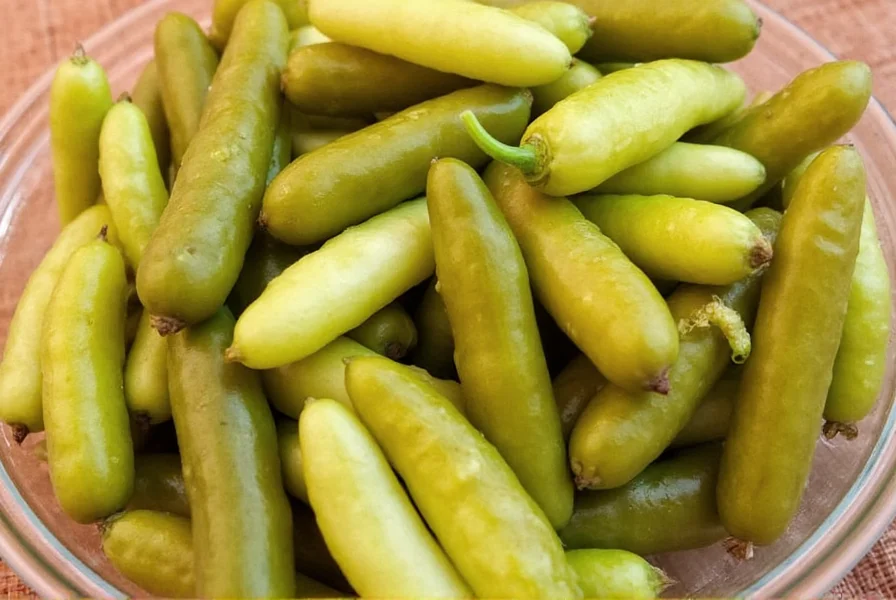Yes, some pickles are fermented foods, but not all. Traditional brine-fermented pickles undergo natural fermentation with lactic acid bacteria, while vinegar-based pickles are preserved through acidification without fermentation. This article explains the science behind pickling and helps you identify which types offer probiotic benefits.
What Is Fermentation?
Fermentation is a natural process where microorganisms like bacteria or yeast break down sugars in food. This process preserves the food and enhances its flavor and nutritional value. Fermented foods are known for their probiotic content, which can benefit gut health.

Fermented vs. Vinegar Pickles
There are two main types of pickles:
- Brine-Fermented Pickles: Made with saltwater brine (no vinegar), allowing natural lactic acid bacteria to ferment the cucumbers. These are true fermented foods and contain live probiotics.
- Vinegar Pickles: Made with vinegar, water, sugar, and spices. They are preserved through acidification, not fermentation, and do not contain live probiotics.
How to Identify Fermented Pickles
When buying pickles, look for these indicators:
- Ingredients: Only cucumbers, water, salt, and spices (no vinegar)
- Label: "Naturally fermented", "lacto-fermented", or "unpasteurized"
- Refrigerated section: Fermented pickles are usually found in refrigerated sections, while vinegar pickles are shelf-stable
Health Benefits of Fermented Pickles
Fermented pickles provide probiotics that support gut health, improve digestion, and boost the immune system. Vinegar pickles offer flavor but lack these probiotic benefits.
Frequently Asked Questions
Are all pickles fermented?
No, not all pickles are fermented. Only brine-fermented pickles undergo natural fermentation. Vinegar-based pickles are preserved through acidification and are not fermented.
Do fermented pickles contain probiotics?
Yes, properly fermented pickles contain live probiotic cultures that support gut health. However, most commercial vinegar pickles are pasteurized, which kills beneficial bacteria. Look for refrigerated, unpasteurized options to get probiotic benefits.
How can I tell if my store-bought pickles are fermented?
Check the ingredients and processing information. Fermented pickles will list only cucumbers, water, salt, and spices (no vinegar), and typically mention "naturally fermented" or "lacto-fermented." They're usually found in the refrigerated section rather than shelf-stable aisles.
Conclusion
In summary, some pickles are fermented foods (brine-fermented varieties), while others are not (vinegar-based). Understanding the difference helps you choose pickles that offer probiotic benefits for gut health.










 浙公网安备
33010002000092号
浙公网安备
33010002000092号 浙B2-20120091-4
浙B2-20120091-4